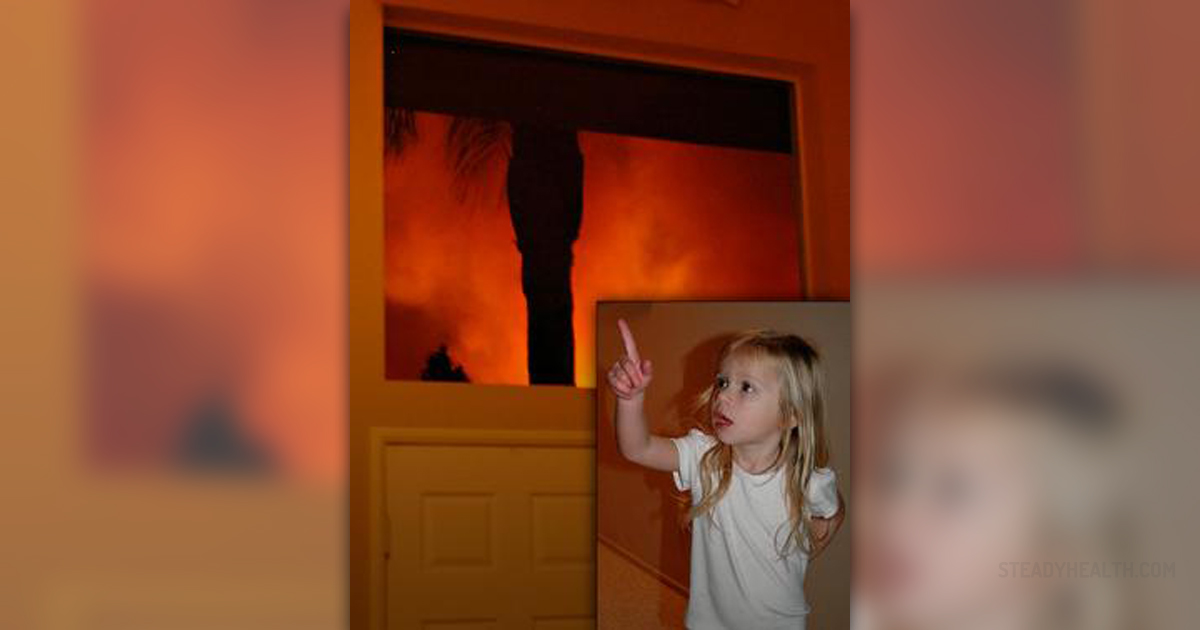
Panic Disorder and People
Panic or anxiety disorders are quitecommon in the modern world. In fact, a large number of people isbound to experience these at some points of their lives. Also, adultsare not the only ones prone to suffering from panic disorders, eventhough one would connect them with this condition due to all thestress they are likely to experience daily. Rather, children presentfrequent victims of this condition as well. This only increases one'sneed for understanding these disorders better and taking furthersteps in treating them once being noticed.
The Most Common Panic Disorder Symptoms
First and foremost, once a personexperiences more than a single panic attack on a monthly basis he orshe is most probably suffering from a panic disorder. A panic attackinvolves breathing difficulties, excessive sweating and nausea. Also,it may involve a state of being confused or lost in time and space,increased heart rate and feeling hot or cold for no specific reasons.
Taking into consideration that thesymptoms above describe reactions of adults, we must look furtherinto the matter once it comes to children. They may still be able ofexpressing feelings or sensations correctly. Thus, we might mistake apanic attack for something similar to a child's fit or disobedience.Nevertheless, we should not jump to conclusions and should watch thechild's behavior carefully before attempting to give any diagnosis.
What To Seek When Tracing Signs of aPanic Disorder?
Adults who suffer from this conditionmay be anxious and in fear of it most of their time. However,children, not being aware of their state of affairs, usually do notshow such signs. Nevertheless, a child who suffered a panic attack ata certain place will surely refuse to visit it again. Usually, thisplace may represent the child's school. Adults tend to behave thesame, avoiding their troublesome places.
Additionally, fearing that other peoplemay trigger their panic attack, both adults and children sufferingfrom panic disorder, may seclude themselves from social contact. Intime, this results in losing friends and leading a solitary life.Therefore, notice when your child starts rejecting his or her friendsand surrounding people and react to it. But, bear in mind thatchildren are prone to acting and pretending. Thus, do not diagnosethem with a panic disorder before being certain of their condition.It is best to seek adequate medical opinion in such situations,taking your child to a phychologist.



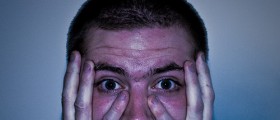
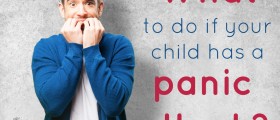
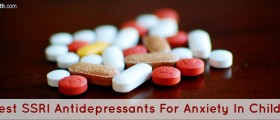
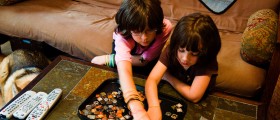



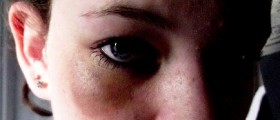
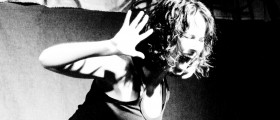
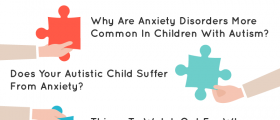
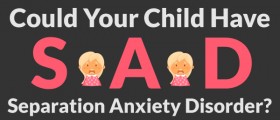
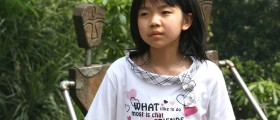
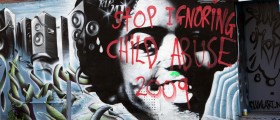
-In-Infants-And-Older-Children_f_280x120.jpg)
Your thoughts on this
Loading...